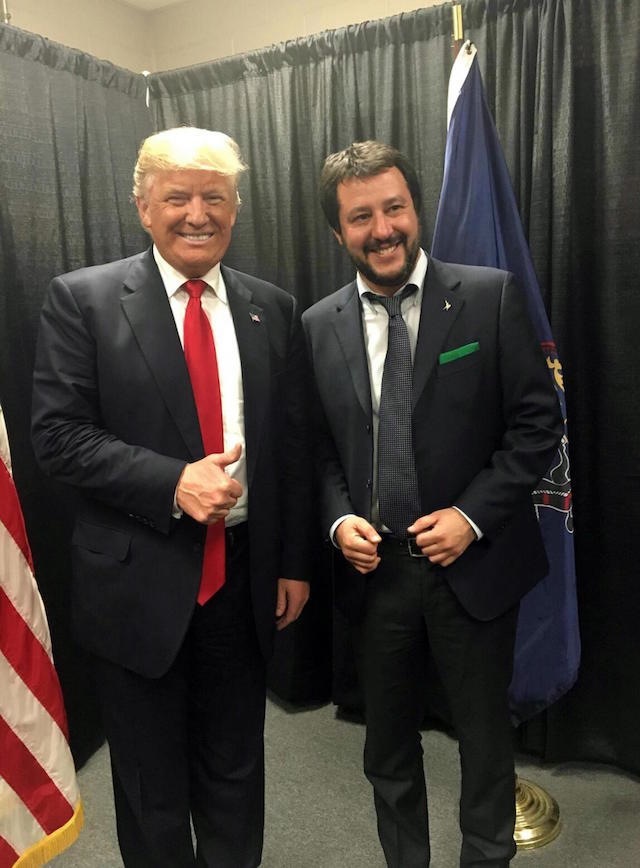This morning, Ghassan Salamé, Special Representative and Head of the United Nations Support Mission in Libya, briefed the U.N. Security Council about developments in Libya. From the National Conference, Salamé reported Libyans desires to unite as a sovereign nation in order to combat the unrest occurring. To do so, Salamé described the need for stability by “concretely preparing for the elections, and providing services to the people.”
In response to the unrest from armed groups in Libya, Salamé described a new U.N. strategy to have direct engagement with these groups. However, he emphasized that this will be a “long process” as it “will not unravel armed groups tomorrow”.
U.S. Ambassador Nikki Haley expressed sentiments of U.S. commitment to bettering the situation in Libya. “Brutal militias conspire with criminal gangs to smuggle migrants to Europe. The lawlessness in Libya is an issue that concerns us all… This is a crisis that calls for immediate action from this Security Council. The groups that are responsible for these abuses are the same ones that are destabilizing Libya… The United States will not hesitate to use all of the tools we have to help Libyans achieve this goal.” Haley remarked. These statements display a commitment to Libya which other members of the Trump administration have not reflected, as Trump has made contradicting statements about the need to fight the Islamic state there, while also remarking that there is no need for United States involvement in Libya.
Ambassador Haley’s statements also reflect support for sanctions that western nations sought to place on 6 individuals associated with human-trafficking. The sanctions would place these 6 person’s on a travel ban and a global asset freeze. However, these efforts were halted as Russia requested further evidence for how the sanctions would better Libya’s situation.

Because of Libya’s human-trafficking issue increasing in severity, other European nations are receiving a large influx of migrants. Italy has been critically affected, feeling as though other European nations have not supported the country in handling this issue. In response, Italy’s latest election gave access to populist parties achieving power and support. Far-right party Lega has created an alliance with anti-establishment party Five Star. This coalition has recently revealed an extremely rigid immigration policy with plans to accelerate deportation of 500,000 illegal immigrants.
From Ghassan Salamé’s recent briefing indicating a solution to Libya’s instability is far-along, Italian efforts to enforce strict immigration policies could further distance Libya from achieving a stable situation. The containment of Libyan refugees within their own borders has proved to be dangerous in the past: Italy is now facing a lawsuit under the European court of human rights for striking a deal with the Libyan coastguard to return migrant boats back to Libya against their will. Correspondingly, 20,000 people from Libya were forced to return back to the inhumane conditions plaguing their nation.












